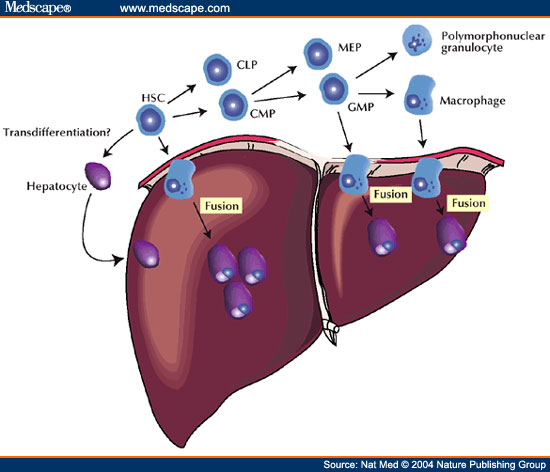- Home
- Medical news & Guidelines
- Anesthesiology
- Cardiology and CTVS
- Critical Care
- Dentistry
- Dermatology
- Diabetes and Endocrinology
- ENT
- Gastroenterology
- Medicine
- Nephrology
- Neurology
- Obstretics-Gynaecology
- Oncology
- Ophthalmology
- Orthopaedics
- Pediatrics-Neonatology
- Psychiatry
- Pulmonology
- Radiology
- Surgery
- Urology
- Laboratory Medicine
- Diet
- Nursing
- Paramedical
- Physiotherapy
- Health news
- Fact Check
- Bone Health Fact Check
- Brain Health Fact Check
- Cancer Related Fact Check
- Child Care Fact Check
- Dental and oral health fact check
- Diabetes and metabolic health fact check
- Diet and Nutrition Fact Check
- Eye and ENT Care Fact Check
- Fitness fact check
- Gut health fact check
- Heart health fact check
- Kidney health fact check
- Medical education fact check
- Men's health fact check
- Respiratory fact check
- Skin and hair care fact check
- Vaccine and Immunization fact check
- Women's health fact check
- AYUSH
- State News
- Andaman and Nicobar Islands
- Andhra Pradesh
- Arunachal Pradesh
- Assam
- Bihar
- Chandigarh
- Chattisgarh
- Dadra and Nagar Haveli
- Daman and Diu
- Delhi
- Goa
- Gujarat
- Haryana
- Himachal Pradesh
- Jammu & Kashmir
- Jharkhand
- Karnataka
- Kerala
- Ladakh
- Lakshadweep
- Madhya Pradesh
- Maharashtra
- Manipur
- Meghalaya
- Mizoram
- Nagaland
- Odisha
- Puducherry
- Punjab
- Rajasthan
- Sikkim
- Tamil Nadu
- Telangana
- Tripura
- Uttar Pradesh
- Uttrakhand
- West Bengal
- Medical Education
- Industry
Scientists discover Cells that re-generate liver without cancer risk

NEW YORK: Scientists have discovered new type of cells which are an important part of liver regeneration.
When healthy liver cells are depleted by long-term exposure to toxic chemicals, the newly discovered cells, known as hybrid hepatocytes, generate new tissue more efficiently than normal liver cells.
Importantly, they divide and grow without causing cancer, which tends to be a risk with rapid cell division.
"Hybrid hepatocytes represent not only the most effective way to repair a diseased liver, but also the safest way to prevent fatal liver failure by cell transplantation," lead researcher professor Michael Karin from University of California, San Diego (UCSD) School of Medicine.
The liver is the only organ regenerates after being damaged. Exactly how it repairs itself remained a mystery until recently, when researchers discovered a type of cell in mice essential to the process.
The researchers also found similar cells in humans.
The researchers studied liver function in mice. They were able to isolate the hybrid hepatocytes after observing how the tissue regenerated.
They then exposed healthy mice to three known cancer-causing pathways and watched the hybrid hepatocytes closely. Liver cancer never originated from these cells.
When healthy liver cells are depleted by long-term exposure to toxic chemicals, the newly discovered cells, known as hybrid hepatocytes, generate new tissue more efficiently than normal liver cells.
Importantly, they divide and grow without causing cancer, which tends to be a risk with rapid cell division.
"Hybrid hepatocytes represent not only the most effective way to repair a diseased liver, but also the safest way to prevent fatal liver failure by cell transplantation," lead researcher professor Michael Karin from University of California, San Diego (UCSD) School of Medicine.
The liver is the only organ regenerates after being damaged. Exactly how it repairs itself remained a mystery until recently, when researchers discovered a type of cell in mice essential to the process.
The researchers also found similar cells in humans.
The researchers studied liver function in mice. They were able to isolate the hybrid hepatocytes after observing how the tissue regenerated.
They then exposed healthy mice to three known cancer-causing pathways and watched the hybrid hepatocytes closely. Liver cancer never originated from these cells.
Meghna A Singhania is the founder and Editor-in-Chief at Medical Dialogues. An Economics graduate from Delhi University and a post graduate from London School of Economics and Political Science, her key research interest lies in health economics, and policy making in health and medical sector in the country. She is a member of the Association of Healthcare Journalists. She can be contacted at meghna@medicaldialogues.in. Contact no. 011-43720751
Next Story


